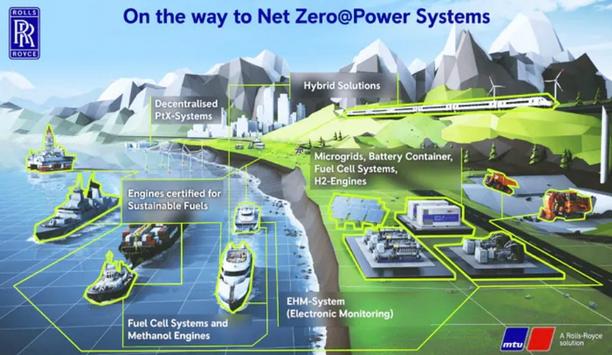At Peel Ports Group, working closely with major cargo owners and shipping lines to find a solution which addresses a long-standing UK cargo flow distribution challenge.
The efficient movement of goods is the lifeblood of any economy, and in the UK, the distribution of freight plays a crucial role in sustaining supply chains. However, the unequal distribution of freight by sea across the country poses significant challenges to both efficiency and sustainability.
UK’s general productivity
Prior challenges arising from this is the strain it places on landside vehicle networks
One of the primary challenges arising from this is the strain it places on landside transportation networks. Major cities and urban areas often bear the brunt of heavy freight traffic, pioneering to congestion, increased delivery times, and higher operational costs for businesses. Meanwhile, rural and less affluent regions may experience underutilisation of transportation infrastructure, limiting economic opportunities and exacerbating regional disparities.
In the UK, a long-standing bias towards the South East has created an artificial centre of gravity bringing extensive problems in those communities (such as disproportionately high costs of land, property and labour) while also stifling the UK’s general productivity by not maximising the capacity available in other parts of the country.
Nationwide approach
Most efficient way to transport goods to and from all parts of the UK, would be by using the full-stretch
The most efficient way to transport goods to and from all parts of the UK, would be by using the full stretch of the country to create quicker, easier and more reliable supply chains. In doing so it will benefit over-heated parts of the country while adding much-needed jobs and business opportunities to regions outside of the South East.
This nationwide approach would result in a more sustainable supply chain, delivering cargo closer to the centres of economic activity, and a greener use of the local logistic sector.
Implications for supply chain
This continued unequal distribution of freight has far-reaching implications for supply chain efficiencies and sustainability. From increased operational costs and delivery delays to environmental degradation, the consequences are significant. Addressing these challenges requires a collaborative effort involving government bodies, businesses, and communities to create a more balanced and sustainable freight distribution system that benefits both the economy and the environment.
In the coming year, plan to bring together more cargo owners who are calling for change. Together with shipping lines and wider supply chain partners, can create the change that is needed to make a difference.



